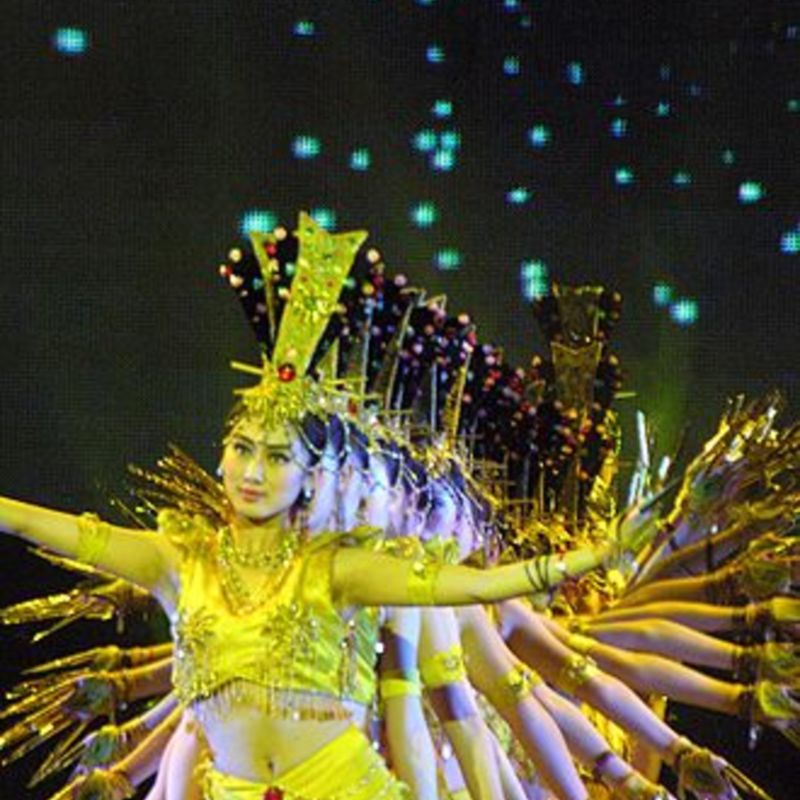Browse Exhibits (7 total)
Dance with props
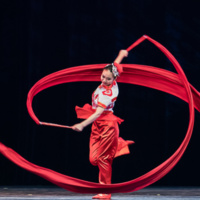
Classical dances are those that were performed as entertainment in the courts of ancient China and involve elegant, graceful gestures of the upper body parts (for example, the fingers, hands, neck, head). The dances are often based on fairytales or poetry. The props add a lively spark to these cultural dances; they not only forms a beautiful image on stage, but also may be a part of the artistic communication. Some of the props include fans, bowls, umbrella, waist drum.
Dance without props
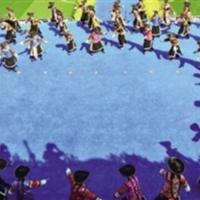
Some of the famous Chinese cultural dance are the ones with props (such as the Lion dance and the Fan dance). However, there still are Chinese dances where props are not used. Some of the non-prop dance includes those of the modern day dance that are still popular. These may be easily seen on residential streets of China.
Dance for celebration/entertainment
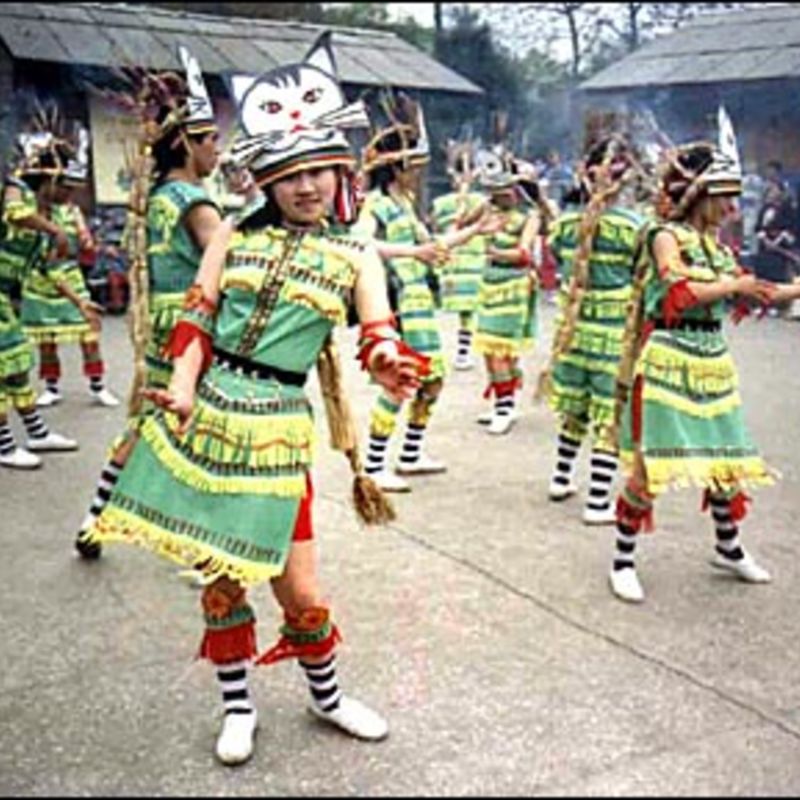
Due to the long history of China, there are lots of traditional festivals. In order to celebrate these festivals, dances moves were made specifically for each of festivals. Thus, there are lots of meanings in each of the movements and steps of these dances.
Religious dance
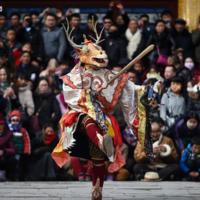
People from the ancient times know very little about science and often resort to superficial beliefs in religion. Due to the beliefs, there is a plethora of religious dances that reflects the people's desire to be get rid of natural disasters or personal troubles. Therefore, there are lots of symbolization in the dance movements.
Single gender dance
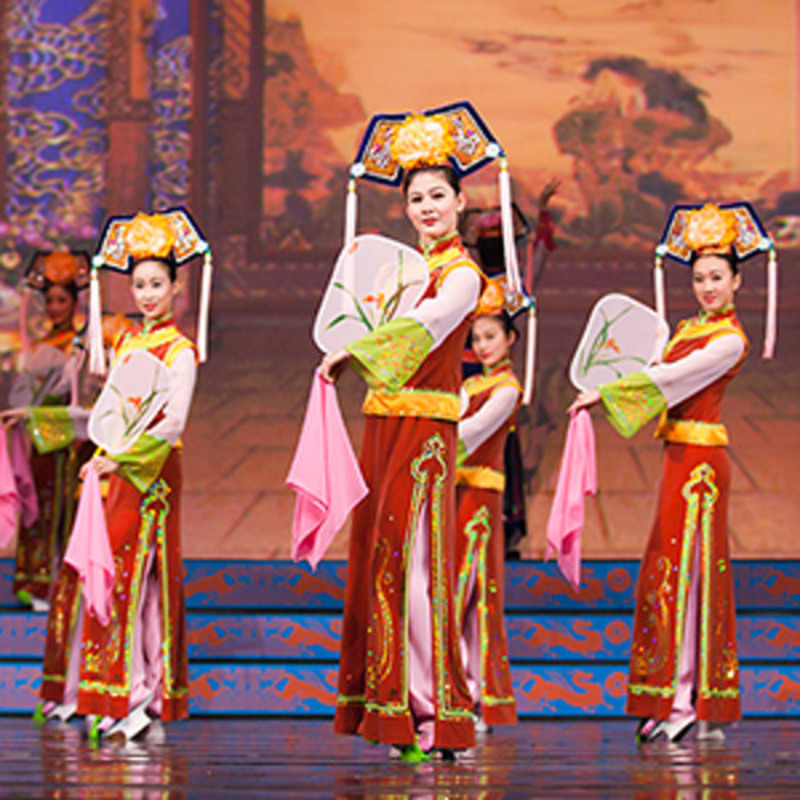
Gender is am important factor in an art piece, since it has a strong symbolization. Thus, Chinese cultural dance is also sentitive in choosing the gender of dance. The choice of the gender of dancers is mostly influenced by the symbol of women, but may also include hisorical reasons.
Communist dances
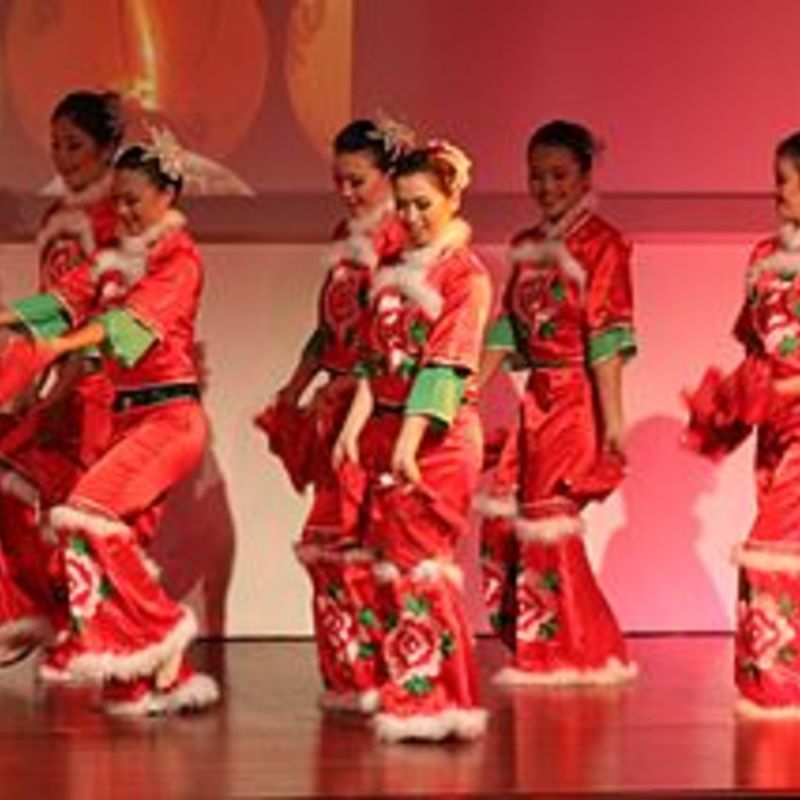
These are dances that originated from the period of Communism in China and are used as a part of its propaganda.

